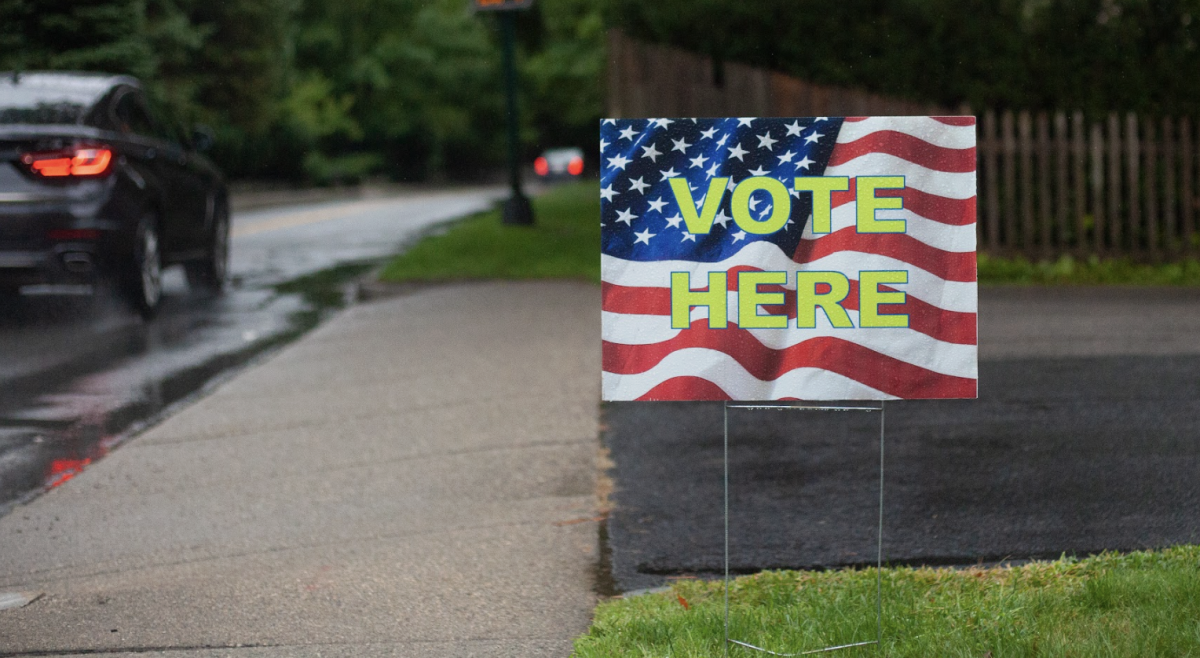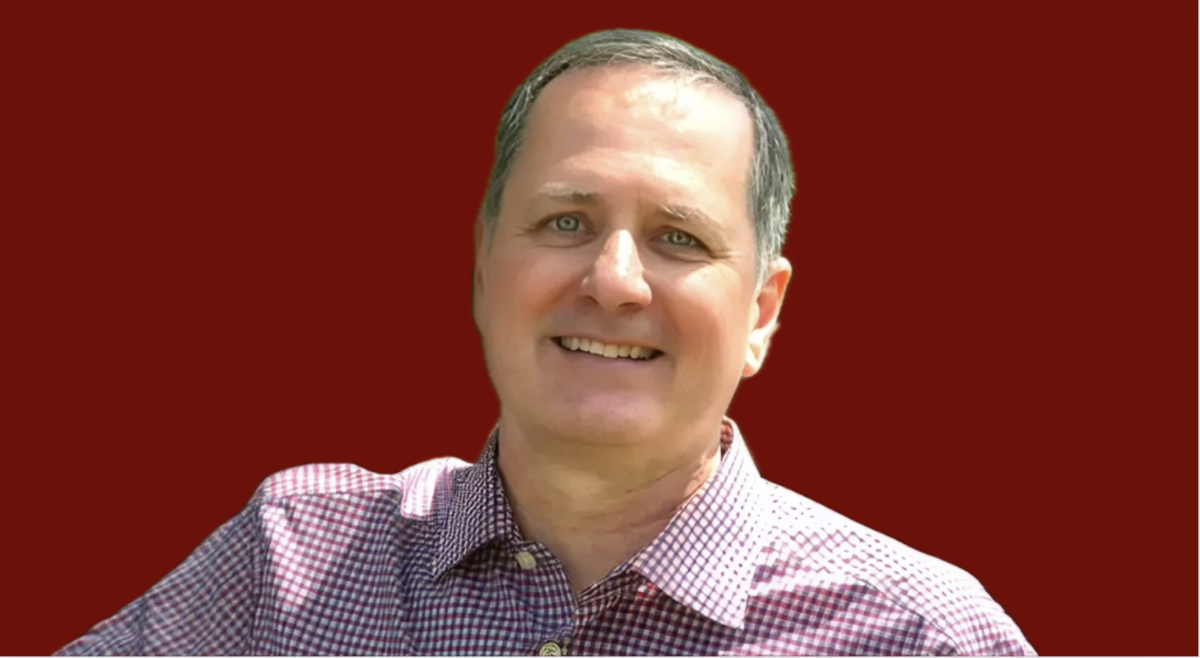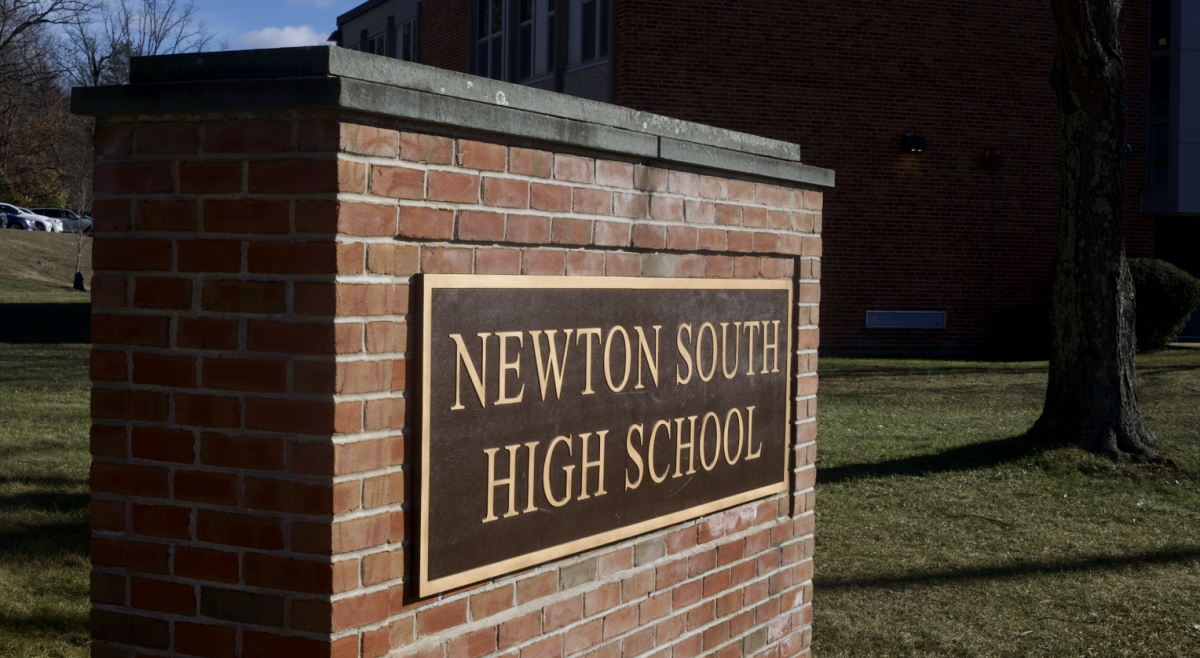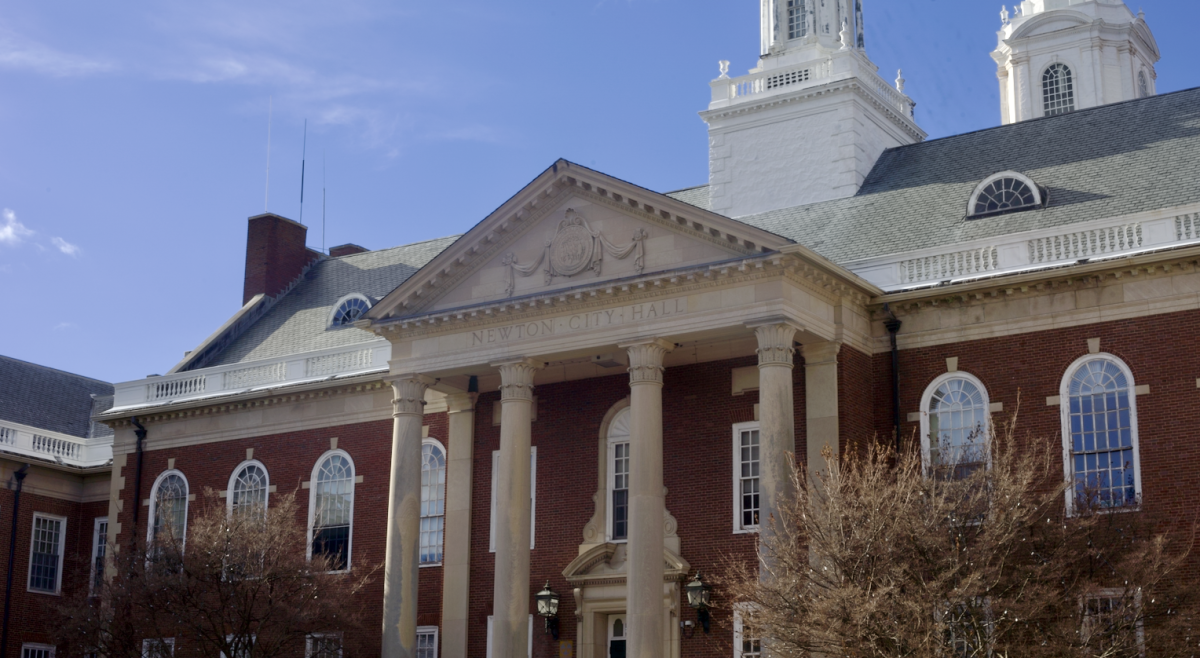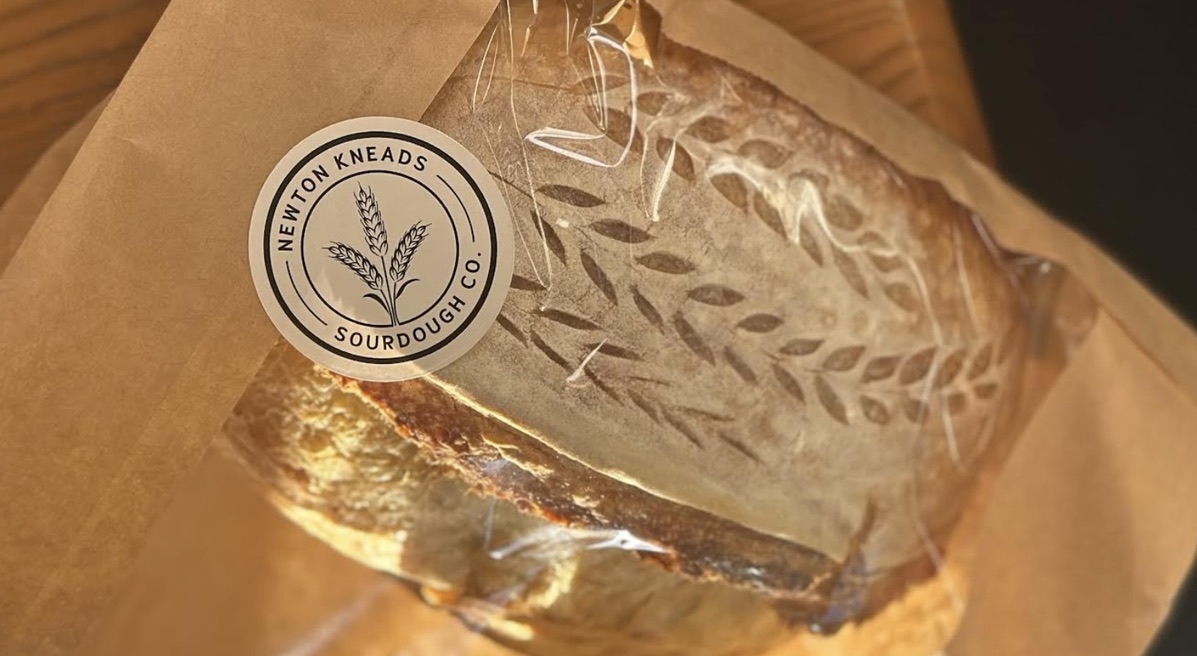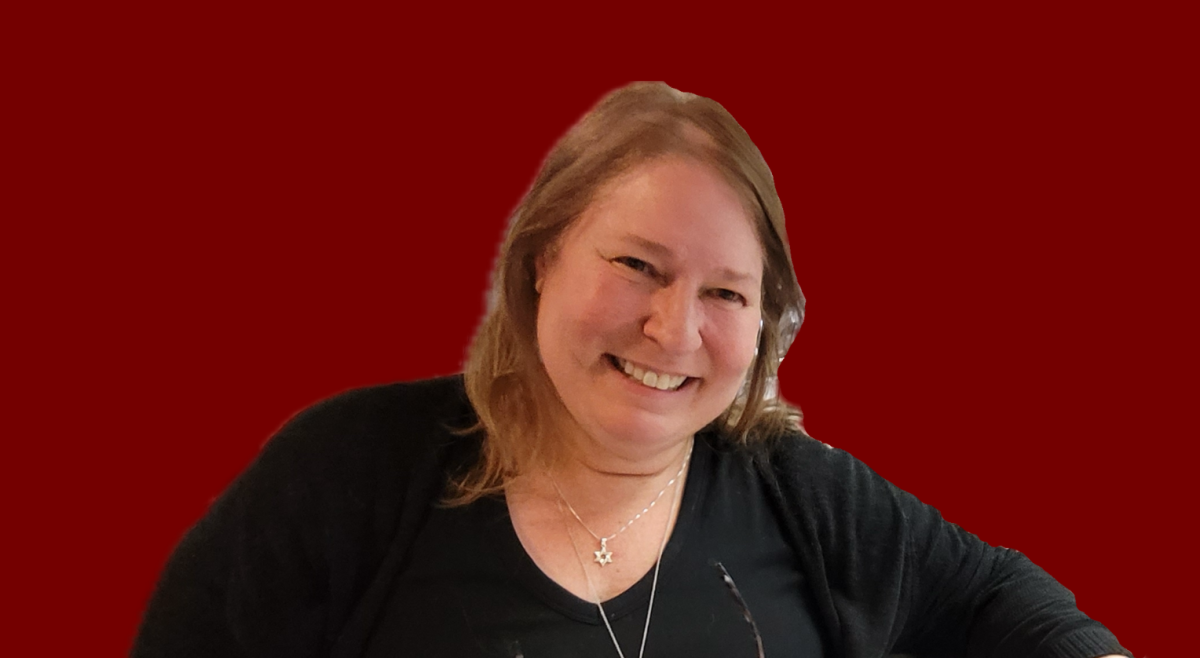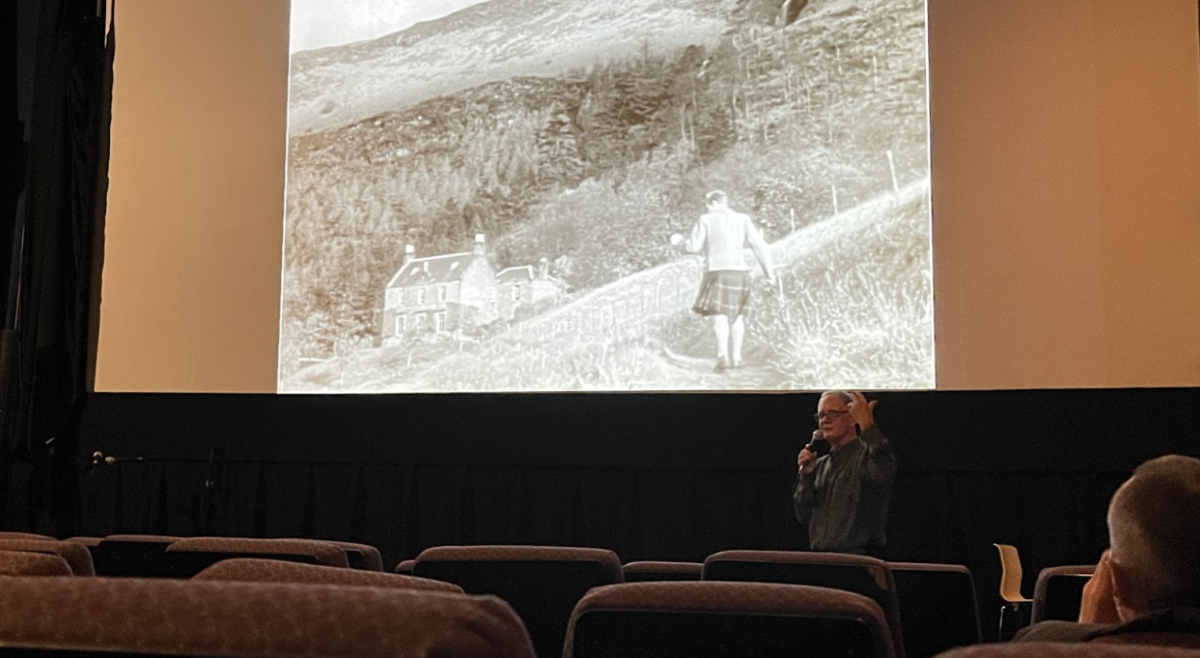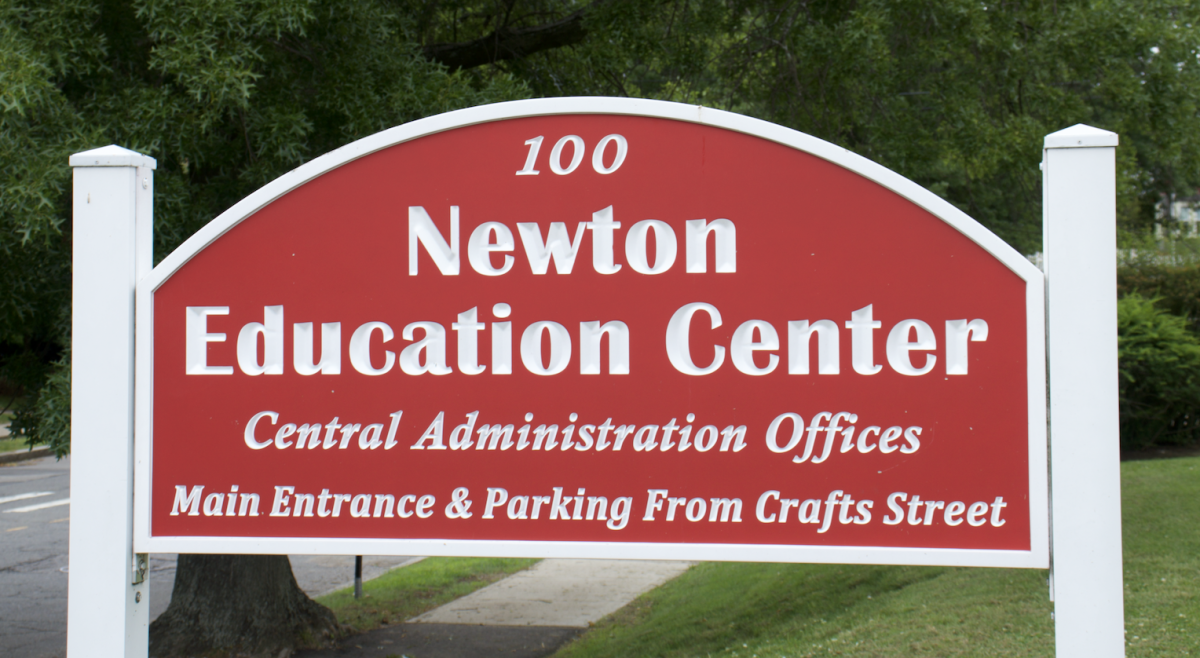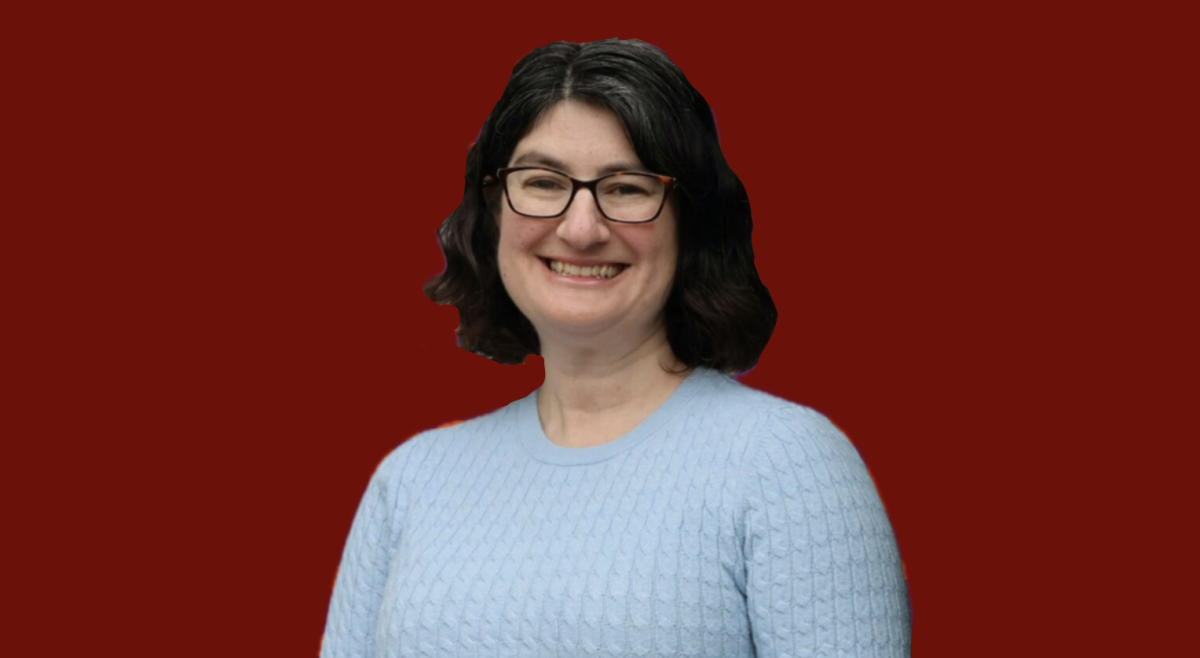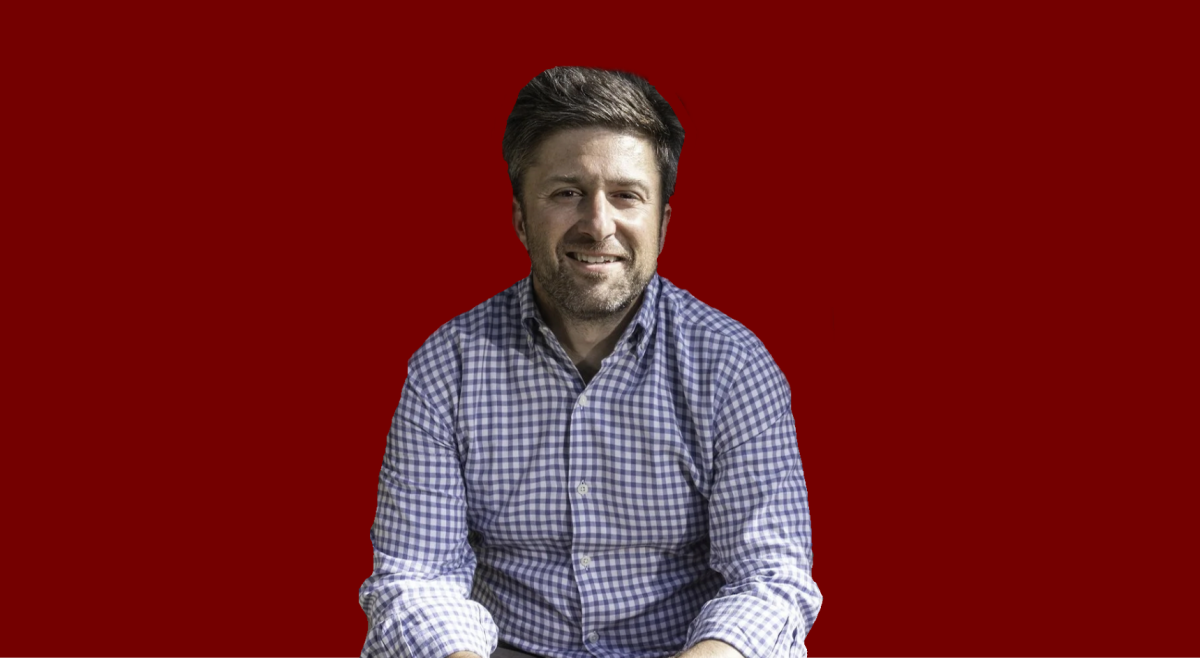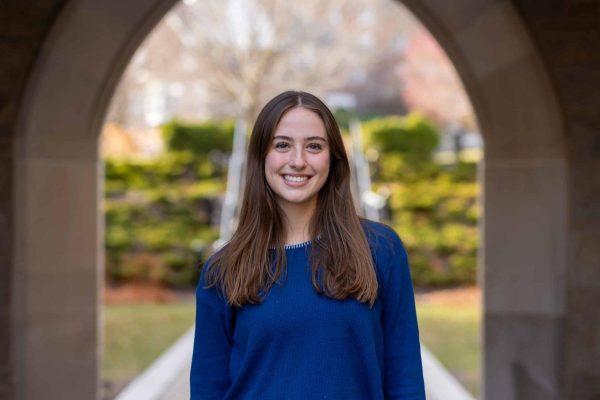Marc Laredo’s October endorsement of a slate of city council candidates was a surprise to some Newton residents, including Garry Miller, a Ward 7 city council candidate.
“When I talked to him, it never even crossed my mind that he would be endorsing candidates,” Miller said. “So it was like, of course, I’m not gonna seek your endorsement, because mayoral candidates don’t do that.”
Laredo broke from precedent by backing a slate of candidates for the Newton School Committee (NSC) in July. His seal of approval on his chosen candidates, as well as the more expected but similarly contentious Newton Teachers Association (NTA) picks, have set the stage for races that will overhaul six school committee seats and five city council seats.
“I’ve given my opinion—the voters will make the decision,” Laredo said.
In local elections, the role of endorsements is to make choosing easier for voters, according to Michael Hartney, an associate professor of political science at Boston College who researches local politics.
When candidates align with interest groups or with each other, these endorsements offer voters more information about what candidates actually stand for—a valuable contribution in nonpartisan races in which typical identifiers like Democrat or Republican don’t apply, Hartney explained.
“Local elections are really difficult to create democratic accountability for the voters because they just don’t have a lot of information,” Hartney said. “The more that you have candidates running as slates, interest groups, or other elected officials signaling very publicly which candidates they endorse, I think those things all actually do provide information for voters that can help them choose the candidate that better reflects their priorities.”
But Sean Roche, a candidate for the Ward 6 at-large city council seat, said he worried that if candidates accepted an endorsement from Laredo, they wouldn’t be able to act independently from him if elected.
“We need to have good process and good openness and accountability, and that’s the thing that we risk losing with crony politics—if the councilors and school committee members feel like they owe their positions because they co-campaigned with the mayor,” Roche said.
Roche said he didn’t seek an endorsement from Laredo and didn’t expect to get one due to past policy disagreements.
The NTA entered the conversation when it released its own NSC endorsements on Oct. 8, backing Jenna Miara in Ward 5, Mali Brodt in Ward 6, and Jim Murphy in Ward 8. Hartney added that these kinds of endorsements are typically advantageous to candidates.
“In my research, I show that teachers’ union endorsements are incredibly helpful to the candidates receiving them,” Hartney said. “A union endorsement serves as a positive cue for many voters, who tend to associate teachers with trust and competence.”
But that dynamic doesn’t seem to be playing out in Newton this year. Of the 12 school committee candidates, just three sought an endorsement from the union.
Incumbent Alicia Piedalue, running unopposed for the Ward 7 NSC seat, said she didn’t seek an endorsement because she wanted to make sure voters knew she would bargain with the union impartially.
“I just want to be independent in my decision-making,” Piedalue said. “While I’m confident I can be independent no matter what the endorsements look like, I want it to also appear independent. You know what I mean? I don’t really want anyone questioning how I make those decisions.”
Ryan Normandin, a teacher at Newton South High School and the union’s second release officer, pushed back on that notion, saying that it’s hypocritical to avoid the union’s endorsement while embracing that of Laredo, a prospective mayor, as Piedalue and seven other candidates have. In Newton, the mayor has final say over the budget, and for Normandin, that could be just as much a conflict of interest for NSC members as a union endorsement.
“It is a strange and kind of contradictory position to embrace the endorsement of someone who you’re expected to push back against, but say that, it’s a conflict of interest to accept an endorsement from another organization in the city,” Normandin said.
Victor Lee of Ward 8 is another Laredo-endorsed school committee candidate who didn’t seek the NTA’s backing. To him, the difference between the two types of support is clear. The support of the union could impede his ability to bargain independently, whereas the support of the mayor could be a boon to compromise within the committee.
“One is a textbook conflict of interest with a fundamental core responsibility of a school committee member,” Lee said. “The second one—it’d be incredibly stupid for the only person whose endorsement I decline to be the person who I’m gonna have to potentially sit down next to as one of the nine voting members on a school committee.”
Lee views Laredo’s support as particularly important given the mayor’s role in the NSC as a voting member and the final arbiter of the city’s budget.
“The person who probably will become the mayor has, whether we like it or not, almost, almost unitary executive degrees of power over the budget at the end of the day,” Lee said. “No reason to tick him off at this point in time. I’d rather work with him and partner with him. “
According to Hartney, the NTA’s candidate questionnaire may provide some further explanation for Piedalue, Lee, and others’ hesitancy to align with the union.
The union asked all school committee and mayoral candidates the following questions:
- Should the district restore kindergarten aides?
- Should Newton implement MCAS as a local graduation requirement?
- What caused the strike?
- How will you prevent another strike?
- What are [Superintendent] Anna Nolin’s strengths and weaknesses?
- How will the school committee collaborate with the NTA?
- Should health insurance costs be shifted onto NTA members?
According to Hartney, these questions are at odds with the reasons that voters tend to give for preferring union-backed candidates—that the union’s endorsement goes to candidates that support students. Instead, he said, the NTA’s questions projected a focus on labor issues.
“Most of the questions are around healthcare, collective bargaining, or things that really are not principally about, ‘Where are student academic outcomes today relative to during the pandemic?’” Hartney said. “That matters, because when I’ve surveyed voters about what they think the union endorsement means, the voters will say, ‘Well, we think the candidate who’s endorsed by the union is going to be more likely to be focused on issues related to student achievement.’ That may not be the case.”
That questionnaire was just the first step in the NTA’s endorsement process. Once candidates submitted their responses, an executive committee made a recommendation, before opening up voting to the union’s nearly 2,000 members.
In contrast, Laredo’s process was less systematized, as he didn’t speak to every candidate before releasing his endorsements. This is according to The Newton Beacon’s reporting that Laredo endorsed candidates John Chaimanis and incumbent Josh Krintzman for the Ward 4 at-large city council seat, before speaking with their opponent, Cyrus Dahmubed.
Normandin called Laredo’s less rigorous approach to endorsements worrying.
“His lack of willingness to kind of meet with all the candidates and hear from everyone before making the important decision worries me because I worry he won’t do that as mayor as well,” Normandin said.
Laredo defended his process by saying that his personal and professional relationships were the basis for his endorsements. As an individual and not an organization, he said, that’s justification enough.
“This is not a process like a newspaper should go through, where they have no allegiance to anybody, they weigh all the candidates, and then they say, ‘Based on interviews with everyone, these are our endorsements,’” Laredo said. “That’s not how political endorsements work. In each case, I gave careful thought to the people I was supporting. Some I worked with in the past, others I’ve known personally or professionally for many years.”
Additionally, he emphasized that his endorsements won’t decide the elections—voters will.
“It’s up to the voters ultimately as to whom they choose,” Laredo said. “Regardless of who the voters choose, I will work collaboratively and effectively with whomever is elected.”
Laney McAden and Anika Chang Garcia contributed to reporting.

